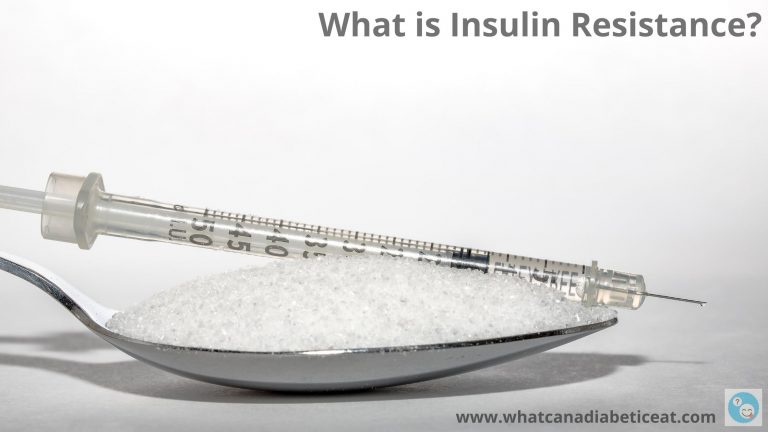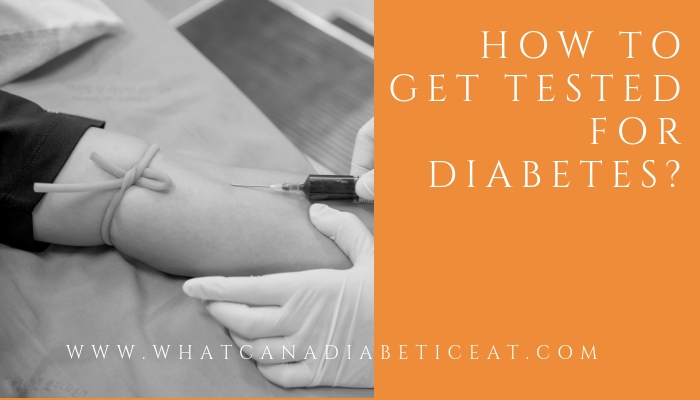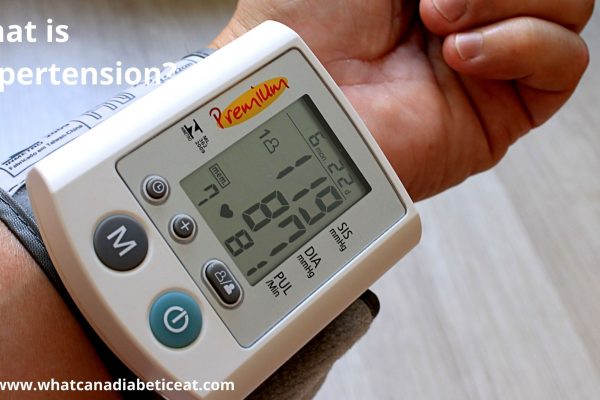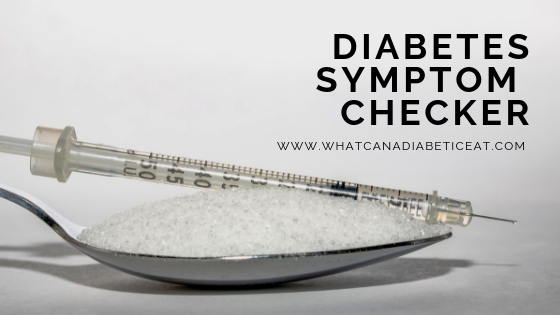What is insulin resistance?
Insulin resistance means body’s ability to use glucose from blood has compromised. When you are insulin resist, cells in your body do not respond as needed to insulin. This causes the pancreas to produce even more insulin. As a result, blood sugar levels rise.
What is metabolic syndrome?
Medically, metabolic syndrome refers to a collection of conditions – diabetes (high blood sugar), hypertension (high blood pressure) and obesity (high body weight). Metabolic syndrome affects blood vessels and so puts a person at higher risk of stroke, coronary heart disease etc.
Experts believe eating sensibly from younger age puts a person in lesser risk of insulin resistance later on in life. Please click here to visit our post on what a diabetic can eat. Such diet can help in reduce risk of insulin resistance.
What causes insulin resistance?
What is the main cause of insulin resistance? A sedentary lifestyle, lack of adequate physical exercise, belly fat, diet rich in sugars or carbs, some genetic profiles can cause insulin resistance. Some women may become insulin resistant during pregnancy that can lead to gestational diabetes.
How do I know if I am insulin resistant?
If you want to check whether are insulin resistant, you can start with your blood sugar levels. If your blood sugar levels are normal, then you are most likely not insulin resistant. However, if they are higher than normal, you need to do few more things. Before we go further, please note that you may find this blood glucose meter handy to check your blood sugar levels at home.
To know if you are insulin resistant, you need to see a doctor. Your doctor can request few tests for you including a blood sugar test, cholesterol and blood pressure checks etc. From the test results, your doctor can present you a proper diagnosis.
What are insulin resistance symptoms?
People who are resistant to insulin do experience some of a wide range of symptoms. It is wise to go see a doctor for consultation if you experience any few of the below symptoms.
- Need to pass urine more than usual.
- Feeling unusually tired frequently.
- Excessive thirst or hunger.
- Hunger right after a meal.
- Skin tags or dark skin patches.
- Frequent or stubborn infections.
- Pins and needles in hands or feet.
When you see your doctor for consultation, they may want to check your waistline, blood pressure etc. Big waistline or high blood pressure can generally put you at greater risk of metabolic syndrome.
After that doctors would be looking for evidence in blood work. Examples include a high fasting glucose level, high fasting triglyceride etc. If the blood work shows high HDL cholesterol level it is more likely insulin resistance.




